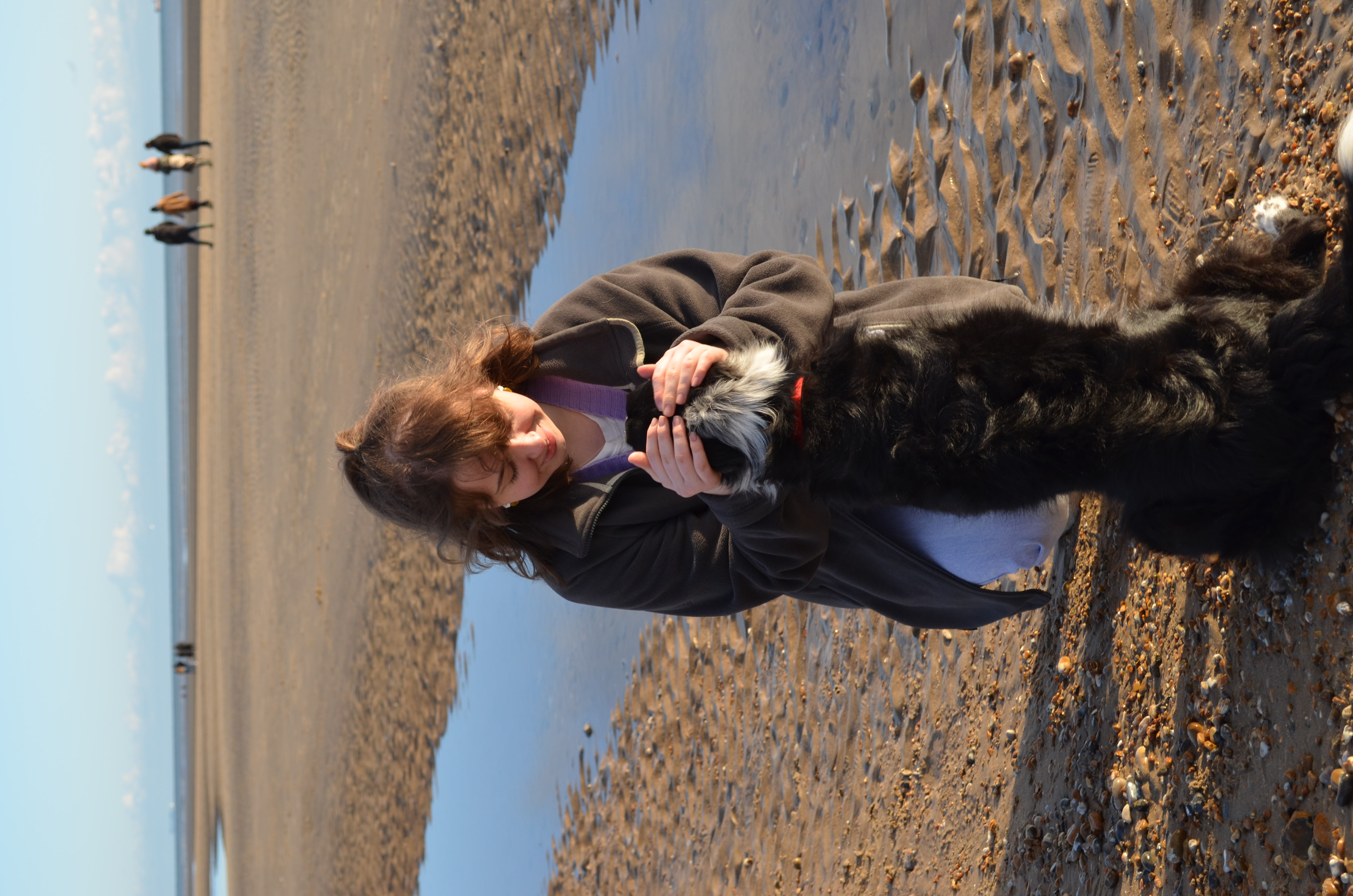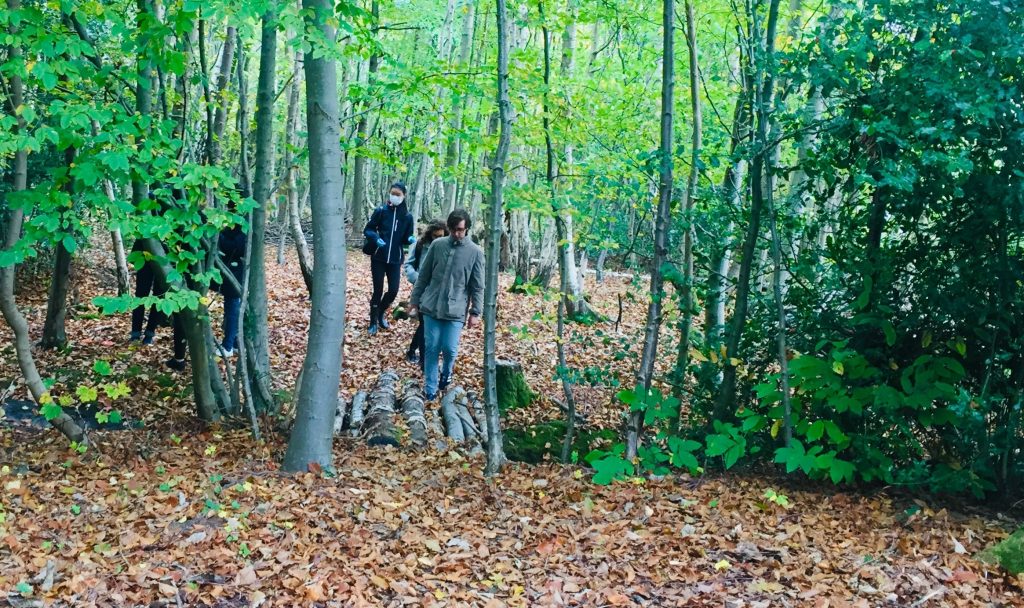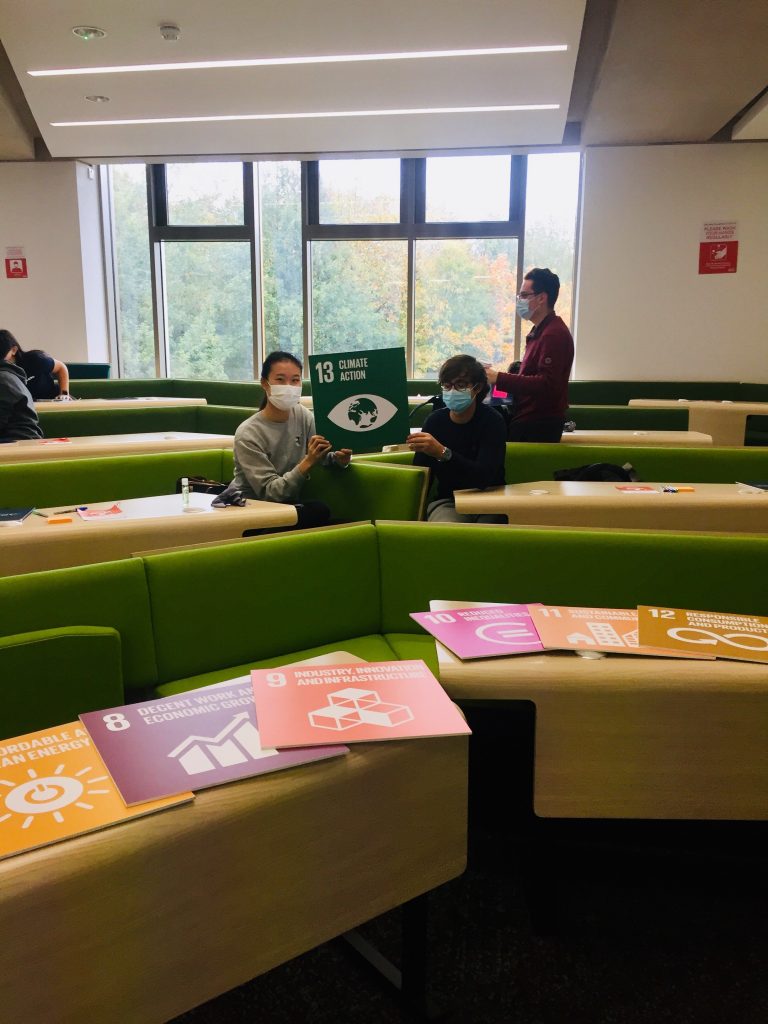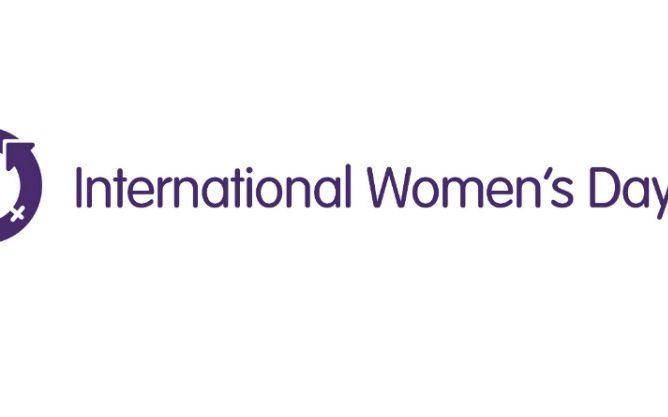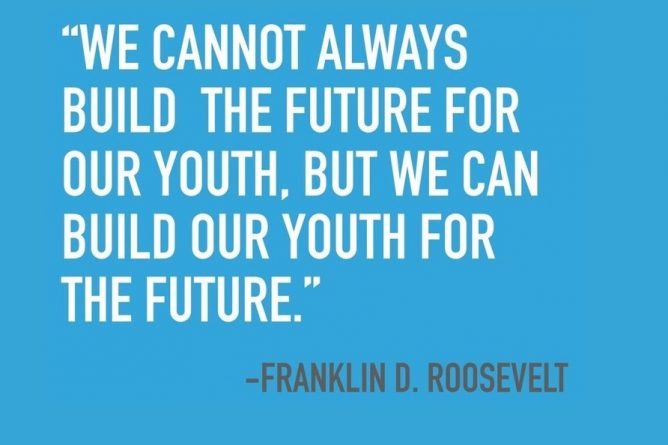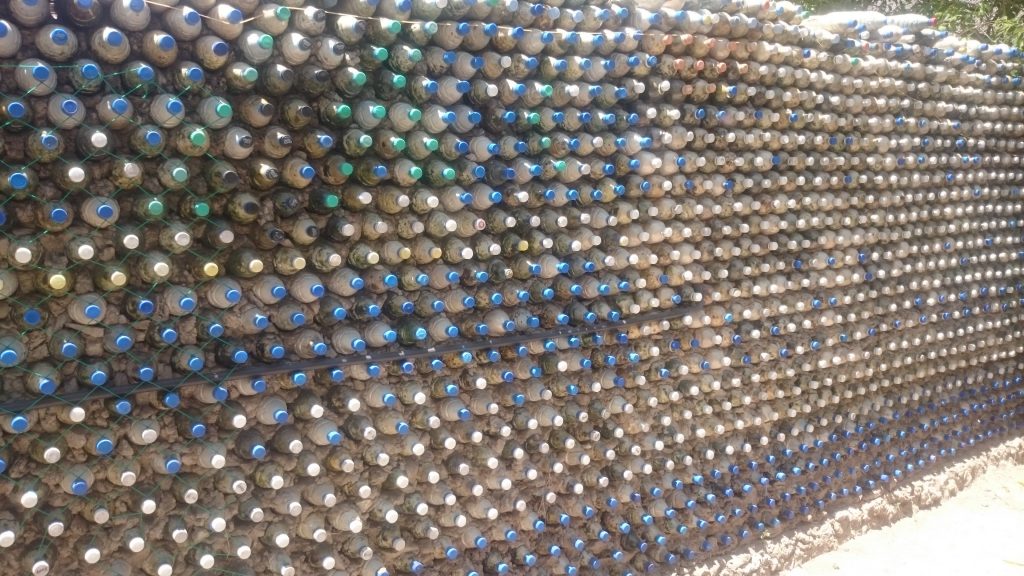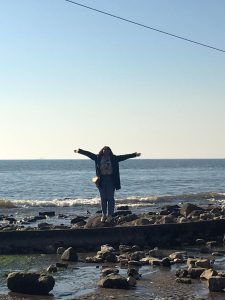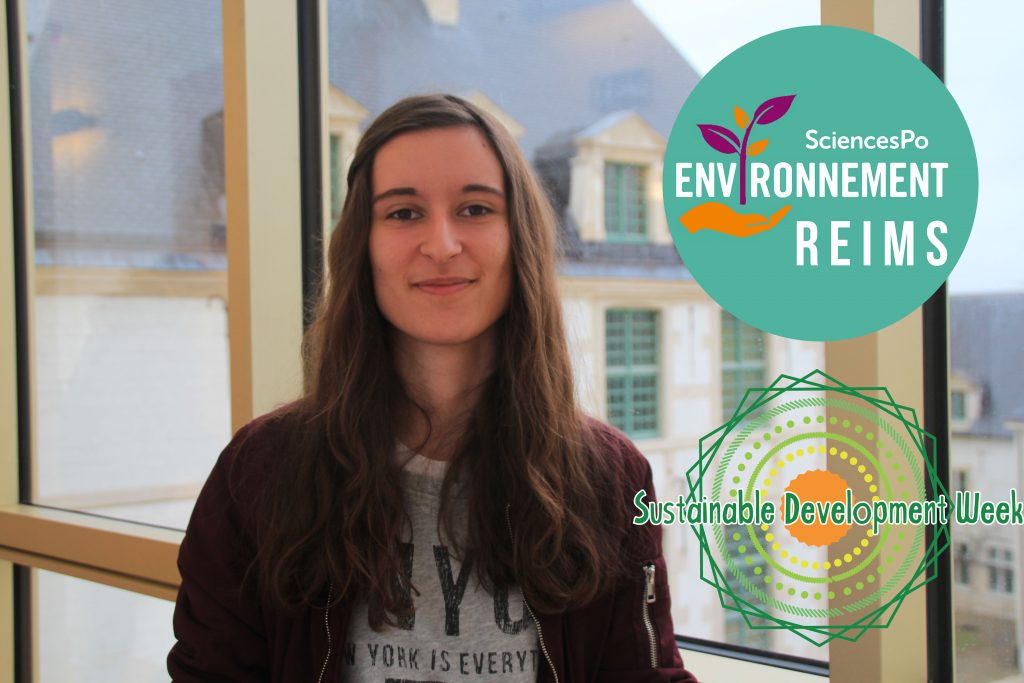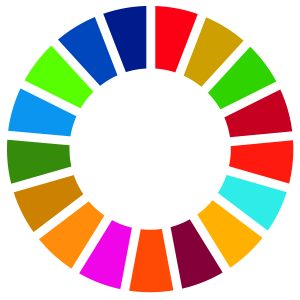Celina
Hey!!
My name is Celina, and I’m basically a product of 3 different countries; Born in Portugal, but my family is from this little island called Sao Tome (which you’ve probably never heard about, but it’s okay!), however, I consider London to be my home now.

I am studying Biomedical Sciences, and I am on my first year. I’ve chosen this course because, although I’ve had many career aspirations when I was younger, caring for people and somehow contribute to a happier and better world has always been a consistent theme for me.
I am quite a simple person to be honest, and enjoy the most generic things you can think about, like watching movies, dancing, learning about new cultures, going out with friends and partying, you know…nothing too out of the ordinary really!
Now, why am I interested in sustainability?
The concept of sustainability was something that I’ve been hearing about for a long time. However, it was first taught to me in a very traditional sense; “climate change is bad” “the ice caps are melting” “the sea levels are rising” “biodiversity is decreasing substantially”, which sadly, are all true and terrifying. But it has never crossed my mind how much more interlinked sustainability is with many of the important issues that are currently going on.
When we take, for instance, the example of gender equality, and we look at the fact that only in 42 countries do woman hold more than 30% of the national legislature seats, or that girls still do not have the same educational opportunities as boys in countries in western Asia for example, we might think “oh, how unfortunate”. But by taking this further, we can reach the conclusion that this will make them more prone to suffering the effects of climate change; in a place where girls and woman are uneducated, they are much more likely to be responsible for providing their families with food or water, and if these sources are disrupted as a result of climate change, then they would have to travel further and spend more time looking for that water, which in turn decreases their chances of getting education, creating a vicious cycle with seemingly no end.
This is just one example of how sustainability applies to social, economic and environmental issues, and how it isn’t “just” about “the polar bears dying” (which I honestly don’t understand why it isn’t enough to make people take this more seriously, I mean, look at them!)
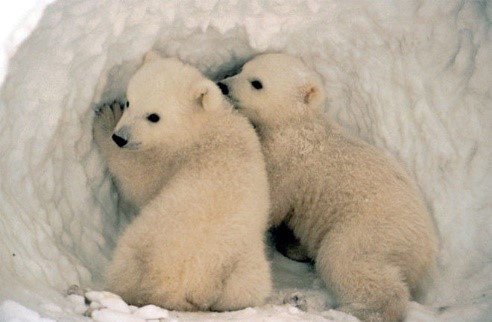
But it does concerns so many other things, and in a lot of cases, it will be the most vulnerable people who will end up living the consequences. Actual human lives are at stake here, and something needs to be done.
Learning about all about these things and much more, made me want to act; Sustainability affects everyone everywhere, and it is our responsibility! We must do something about it. Thinking about what is happening and how preventable it is, is to me as hopeful as it is infuriating. But I do have hope, and I do think that bit by bit, we can encourage more and more people to change the way they see sustainability.
Which goal am I passionate about and why?
While I consider all 17 goals to be of great importance, since they are so strongly interlinked with both sustainability and the things I am personally passionate about, one of the goals I find the most relevant at the moment is that of climate change this is because when we have leaders, whether in the government or in other positions of power bluntly stating that our actions are not indeed contributing to climate change, knowing that the majority of the scientific community agrees that that is actually what is happening, is not only unbelievable but also discouraging.
People in such positions believing and spreading such ideologies are dangerous, especially knowing that a lot of the times their only aim is to score political points and being on someone’s side. It’s beyond me how they do not seem to look at this problem as the unfortunate threat that it actually is, and how things such as carbon emissions, animal endangerment or natural catastrophes are not enough to alarm them about the prospect of such a dangerous future for the generations to come.
My ambitions for the role:
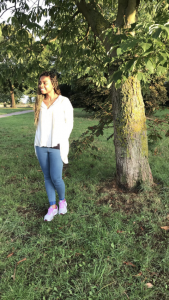
My main aim with this role is to motivate and encourage a group of people to change how they choose to think of sustainability, regardless of how big or small that group is; I would like to help fix that disconnect that people feel between themselves and the idea of sustainability, and help them get rid of the notion that their actions don’t matter, and that whatever they do will not make a difference.
Also, because there is already an increasing number of sustainability friendly businesses running which are very successful, and I would like to help promote them and not only learn from them myself, but hopefully help to reinforce the idea that sustainability is not only possible, but also economical and leads to a world where everyone benefits from.
There are so many things I still do not know and have to learn about, but hopefully this is a journey that I can take together along with everyone else and help people be more proactive when it comes to these issues!
Sarah
My name is Sarah, I am from Libya. I am a postgraduate student, studying architecture and the sustainable environment. I am also a youth activist working with the NGO ‘Makers of Hope.’
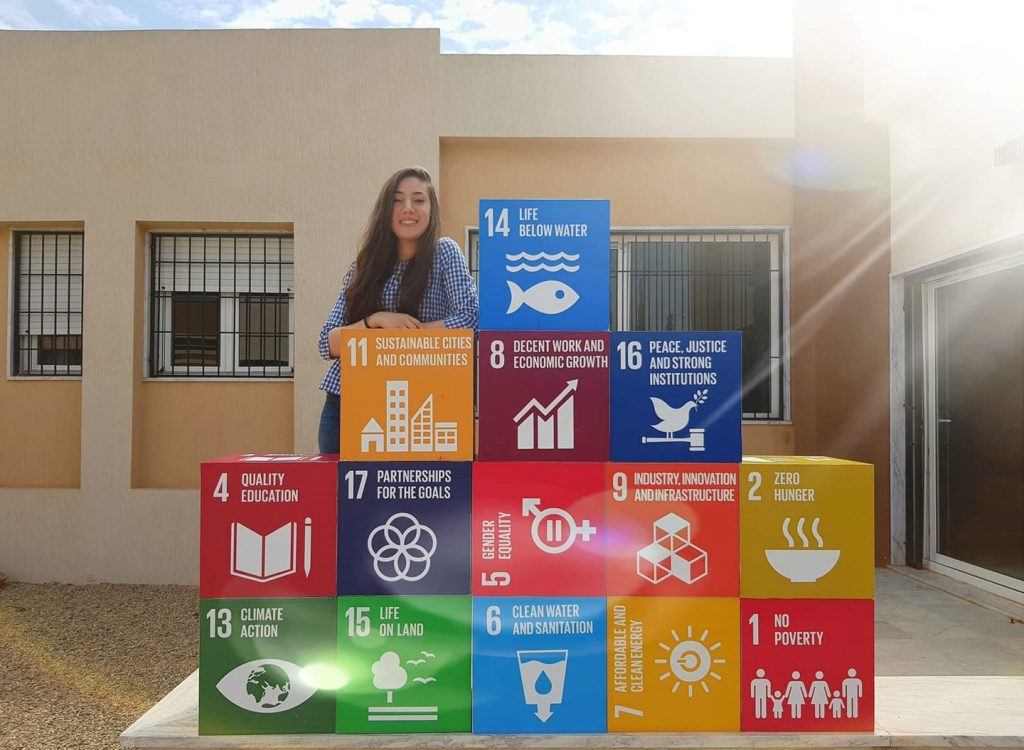
I am interested in sustainability because it is the only way to ensure our future generations have a healthy life. I believe that sustainability is very crucial and that every person should carry a sustainable lifestyle. Leading a sustainable lifestyle will reduce the chronic problem of climate change.
I am passionate about goal number 7, 11 , 12 and 13. Personally I believe all the goals are important however these goals stand out to me as an Architect. Firstly, these four goals are connected for instance by being responsible in terms of consumption whether it’s food or plastic production, the less we consume or rather when we consume exactly the amount we need, this will lead reduction in climate change effect. Furthermore, one of the most important issues of our generation and the upcoming is the non-renewable energy therefore we should advocate more the use of renewable clean energy which is also a parameter effecting climate change. Lastly, with the ever-increasing population of the world, more cities will be designed roughly around 2000 more to host the increasing number of people. These people need to live in a inclusive sustainable cities that can provide comfortable acceptable living standards.

My ambition as an ambassador is that every student on campus is aware of the sustainable development goals. Furthermore, that they are aware of their responsibilities as individuals on this planet. I want the students on campus to be more compassionate towards the problems that occurring in the world and to take action.
Michael
Hi, I’m Mike! I’m a fourth-year student who has recently come back from a year abroad placement in Hong Kong. I am currently volunteering as a Radio Presenter, School Representative, Global Officer, and co-organising this year’s TEDxUniversityofKent event.
Outside of university, I am an avid traveller, highly interested learning about different cultures and traditions when meeting people from my personal travels.
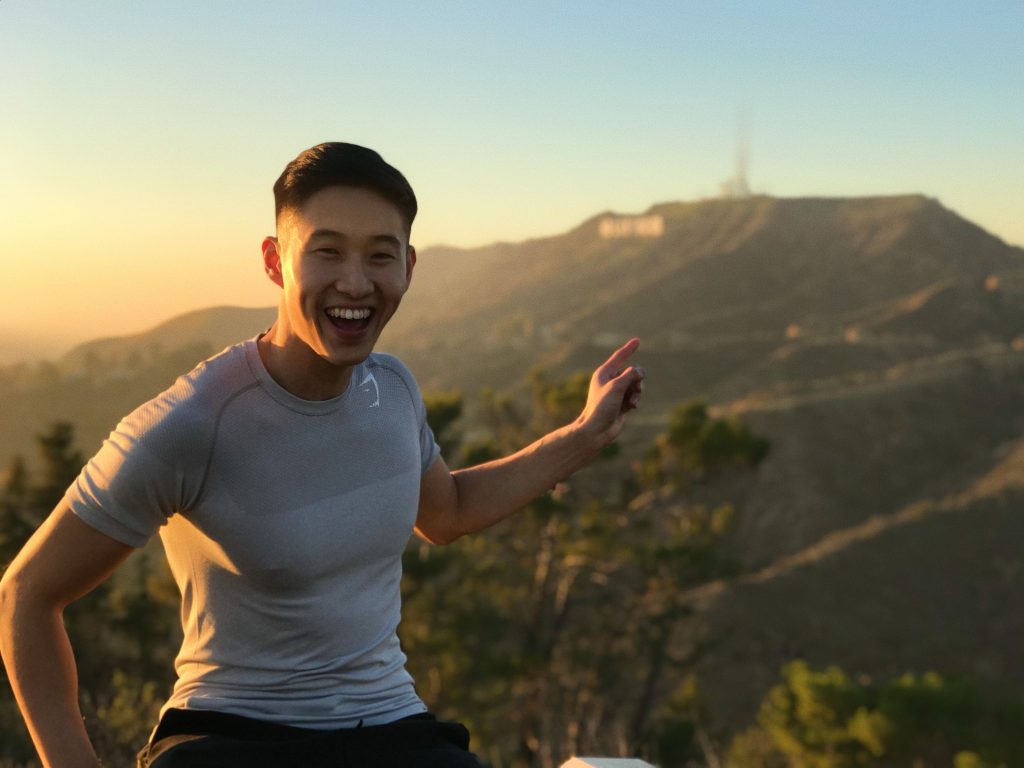
My first spark of interest becoming more sustainable was seeing the alarming rates of extinction surrounding animals. I began becoming more attentive to the huge realm of sustainability and realised how unaware we truly are as citizens of how impactful our day-to-day lifestyle choices are. By becoming interested in sustainability, I want to learn how to become more sustainable in my lifestyle choices and how to reduce the impact we have on the world.
Although I am deeply passionate about all 17 UN sustainability goals. I have particularly worked on Goal 4, Quality Education in a start-up. Recently my team and I have founding an app “Ins-Tutors” aligning with the goal of providing Quality Education. This proved successful in the KentAppChallenge taking 2nd place. With this app, we plan to provide education in developing parts of the world and provide education for everyone and anyone.
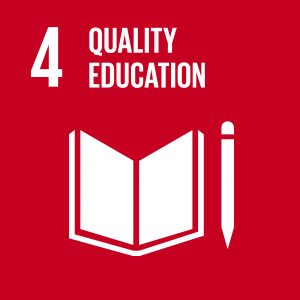
From this role, I want to deepen my knowledge around the realms of sustainability and what measures I can to become more sustainable. From this, I hope to and educate myself and students to become more conscious when making their day-to-day decisions.
